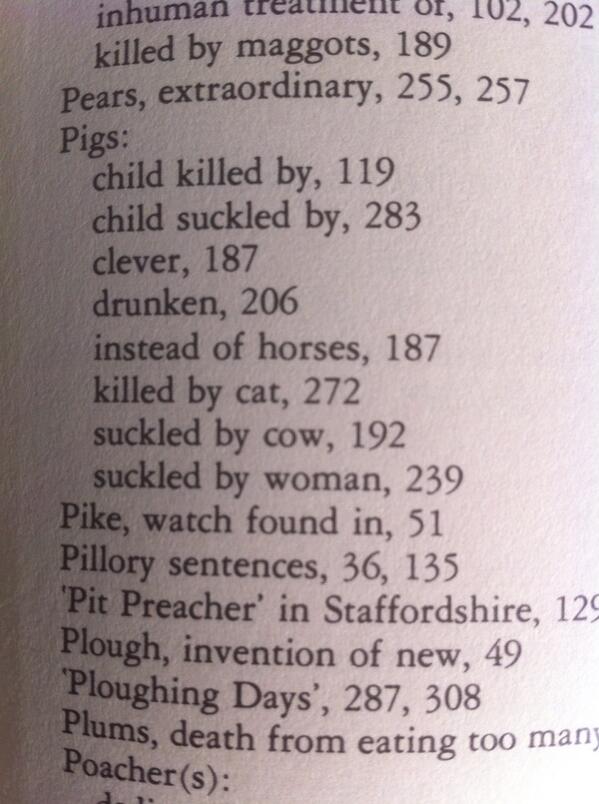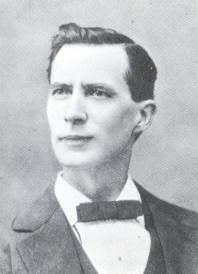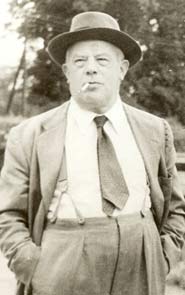I have just read The Wilder Shores Of Marx by Anthony Daniels, a 1991 book subtitled Journeys In A Vanishing World. Daniels – better-known by the pseudonym he has latterly adopted, Theodore Dalrymple – sensing in 1989 that communism was on the verge of collapse, and “long fascinated by the passing of ways of life”, travelled to five countries “whose leaders refused to read the writing on the wall” – Albania, North Korea, Rumania, Vietnam, and Cuba. (The Ceausescu regime fell about a week after his visit.)
It’s a splendid book, as one would expect from a man who keeps alive that curious tradition of medical doctors who are also accomplished writers. I was particularly pleased to learn that the Albanian town of Fier had a twice-weekly newspaper entitled The Sweat Of The Peasant.
Of necessity, Daniels had to travel as part of an organised group, and he is very good on the type of wide-eyed western lefties who were the majority on such trips:
I cast my eye over my companions of the next twelve days. I had hoped for a rich crop of eccentrics among them, such as I had encountered at the annual general meeting of the Anglo-Albanian Society in London a month previously. The secretary of the society was a retired optician from Ilford who had discovered the Balkan paradise late in life and learned its language; the rank and file of the society seemed either elderly revolutionaries of the upper classes, who knew the key to world history yet somehow had never learnt how to do up their shirt buttons properly, or lonely, embittered proletarian autodidacts, who dreamed of vengeance upon the world and called it love of humanity.
While in Albania he visited the Enver Hoxha Museum in the Boulevard of Martyrs in Tirana. There is a display of the condolences received from all over the world following Hoxha’s death, and one of them is from our old pal Hardial Bains, First Secretary of the Central Committee of the Communist Party (Marxist-Leninist) of Canada and the man who wrote song-lyrics for Cornelius Cardew:
The path which has been proven to be invincible by the life and work of Comrade Enver Hoxha, who led his party and people in their most militant and uncompromising struggle against imperialism, social imperialism, the bourgeoisie and all reaction and revisionism and opportunism of all hues in their service and who has left an indelible mark on history.
Cardew devotees will note that Bains used some of the exact same wording in the song There Is Only One Lie, There Is Only One Truth. It says something for the genius of Cardew – who may or may not have been able to do up his shirt buttons properly – that his setting of such twaddle is both moving and beautiful.




